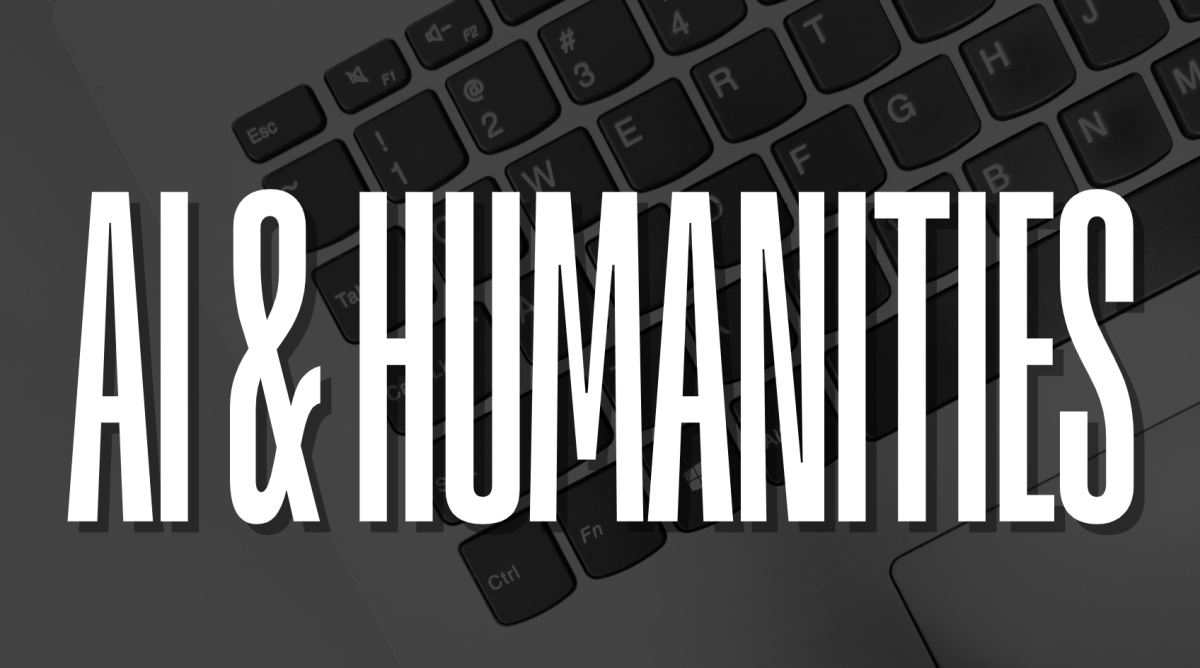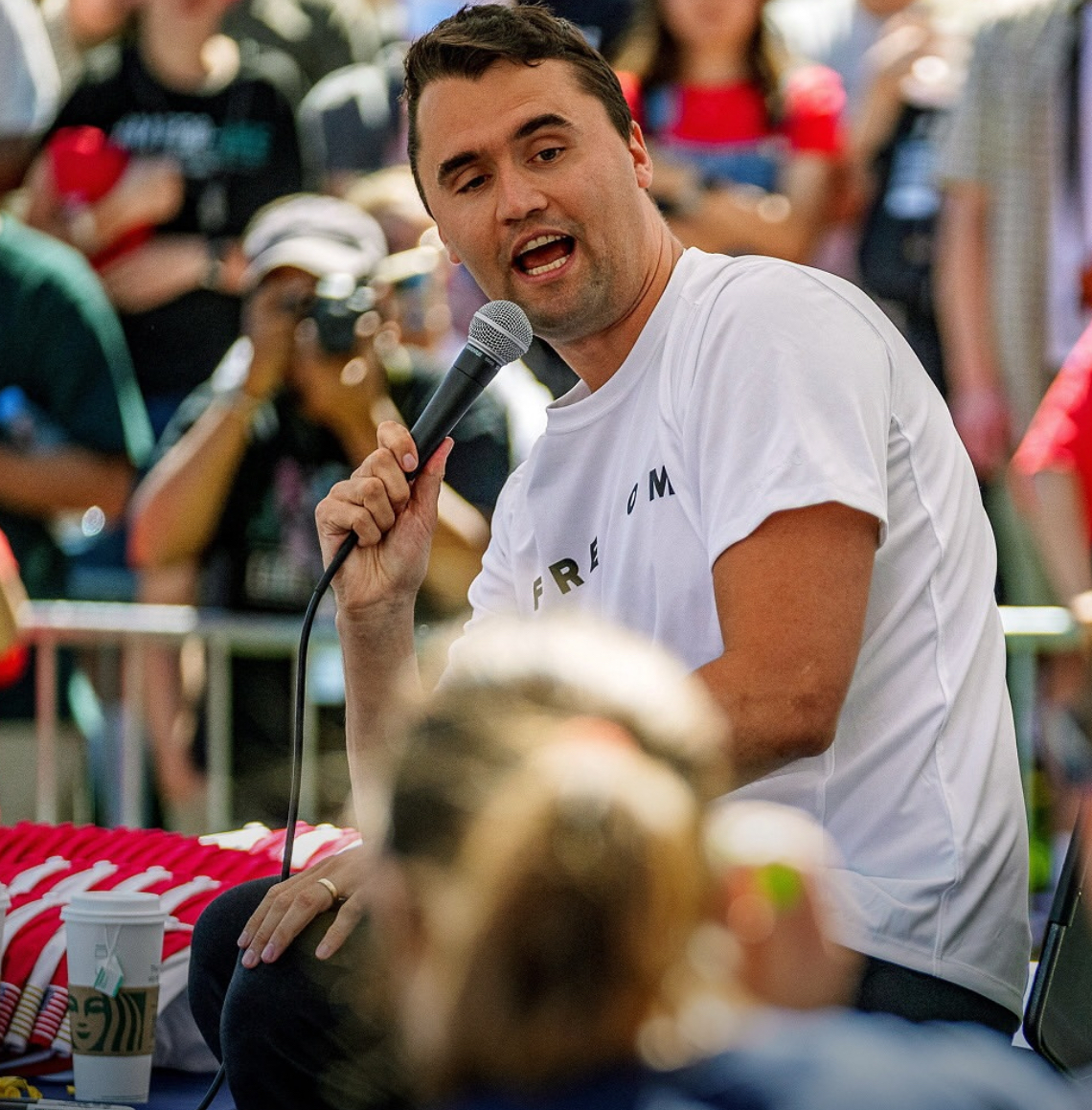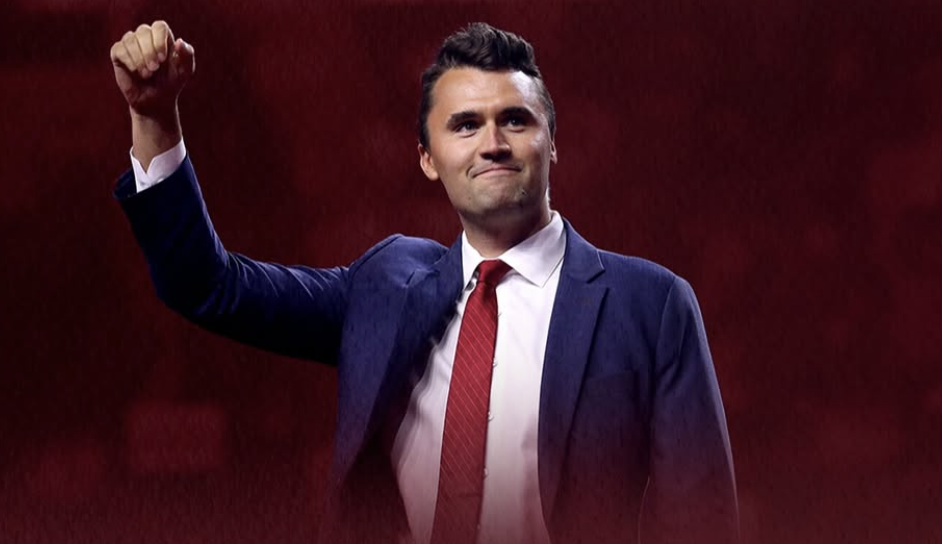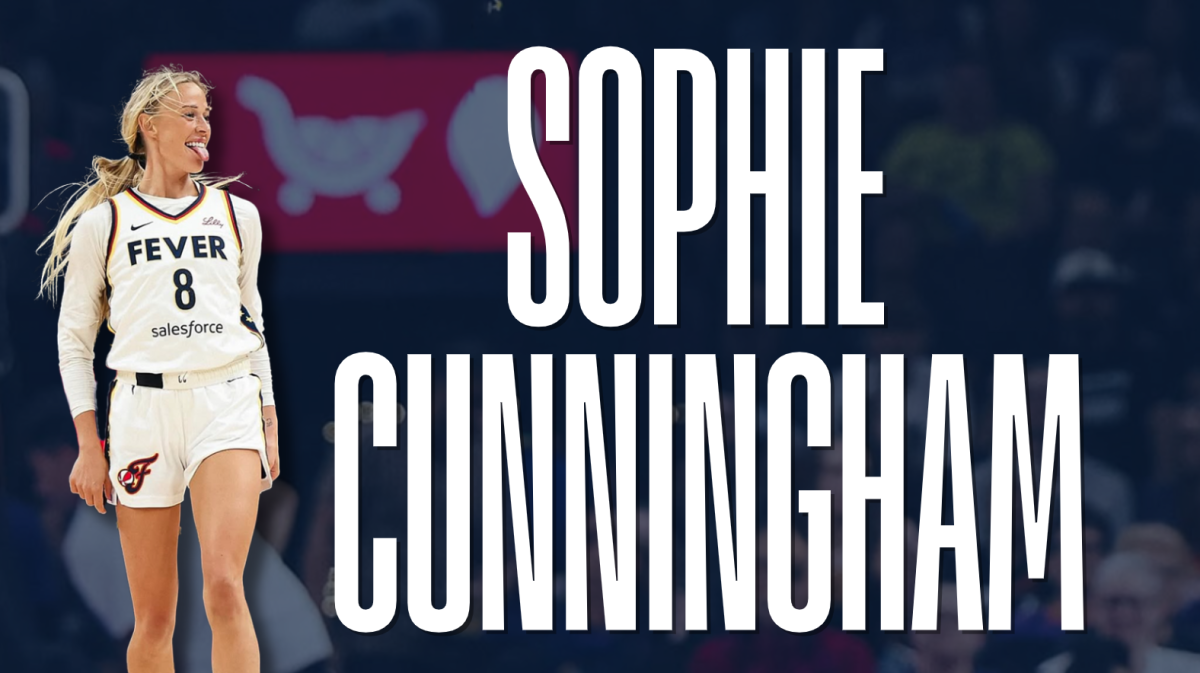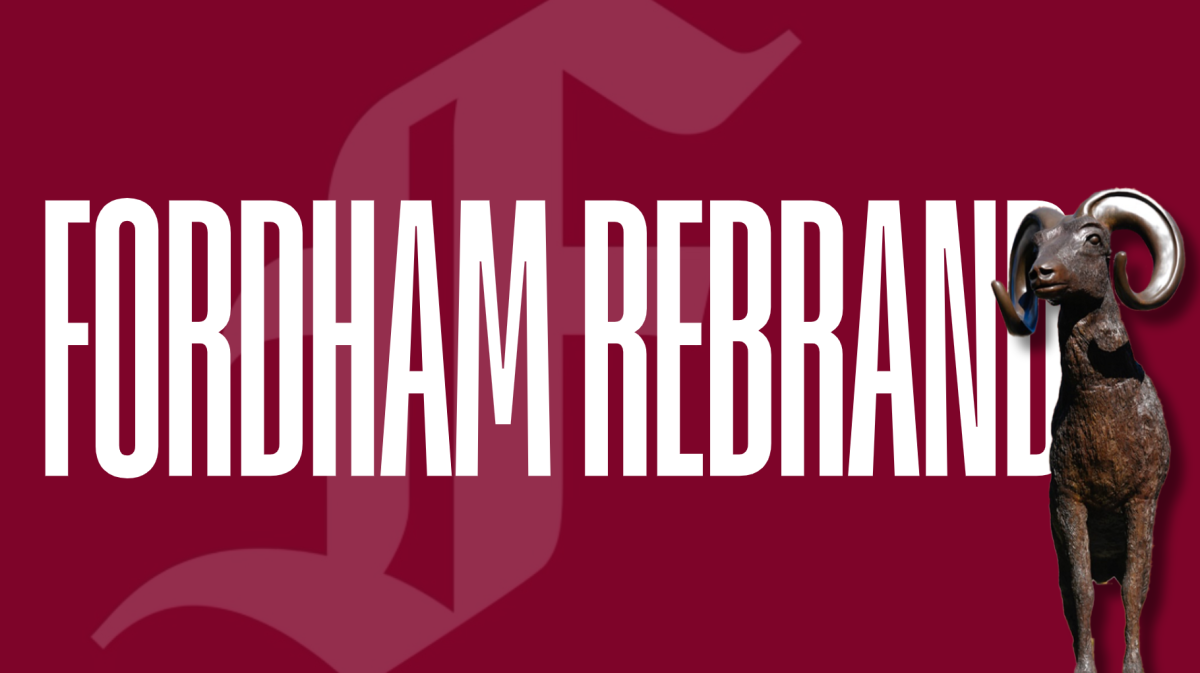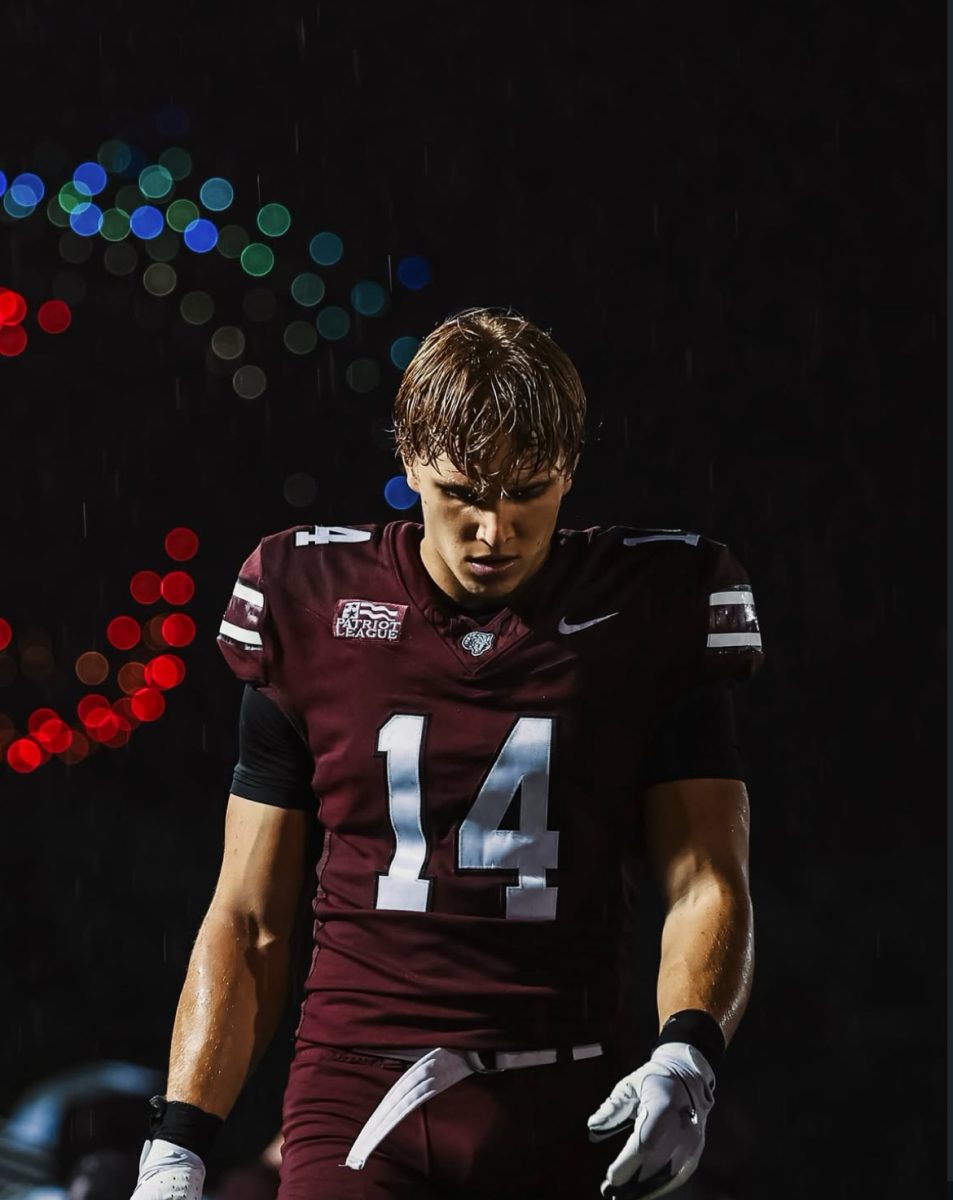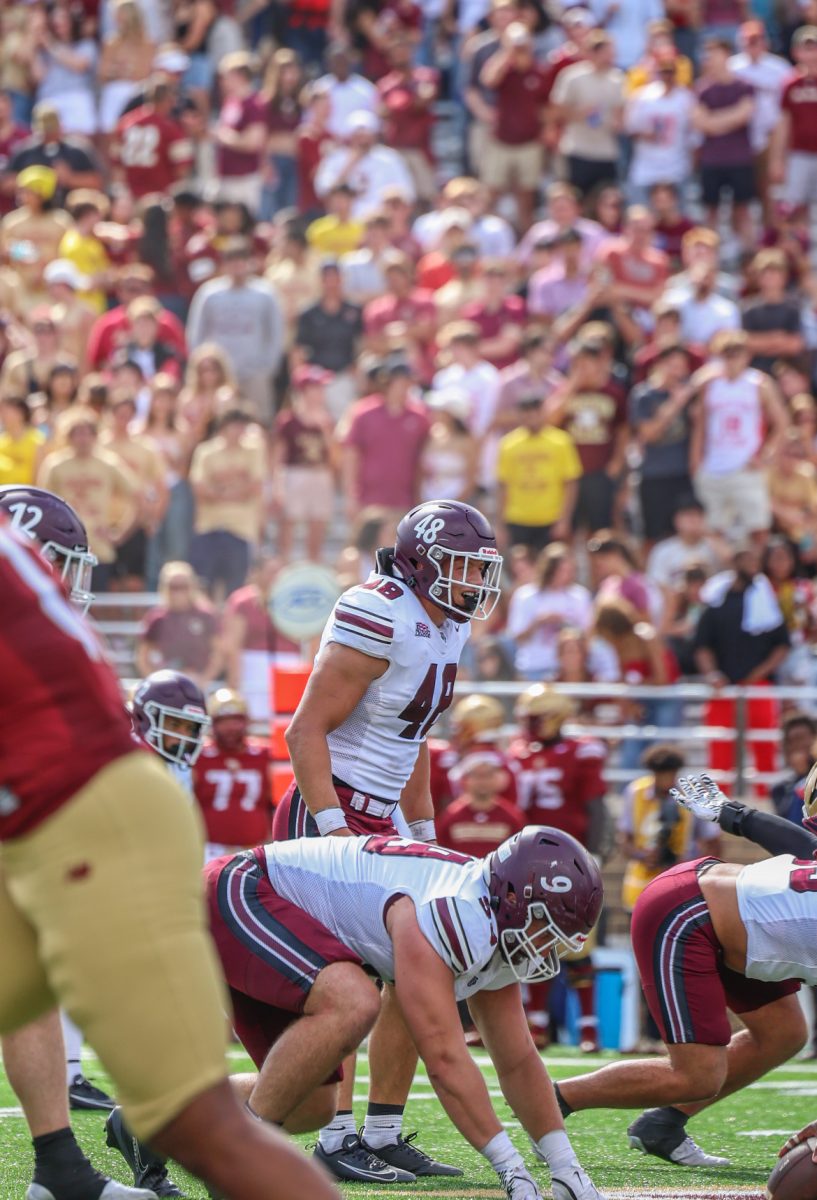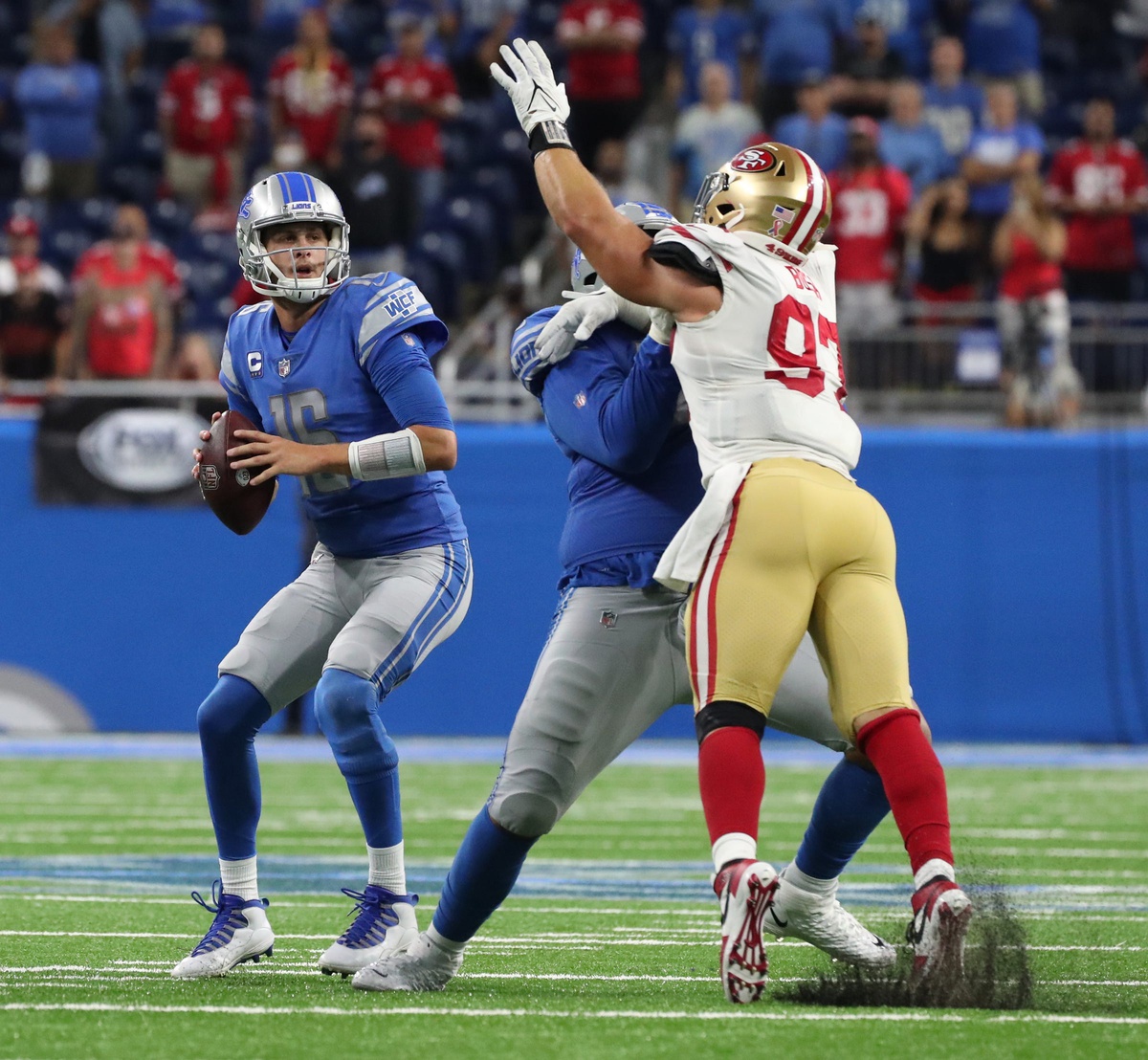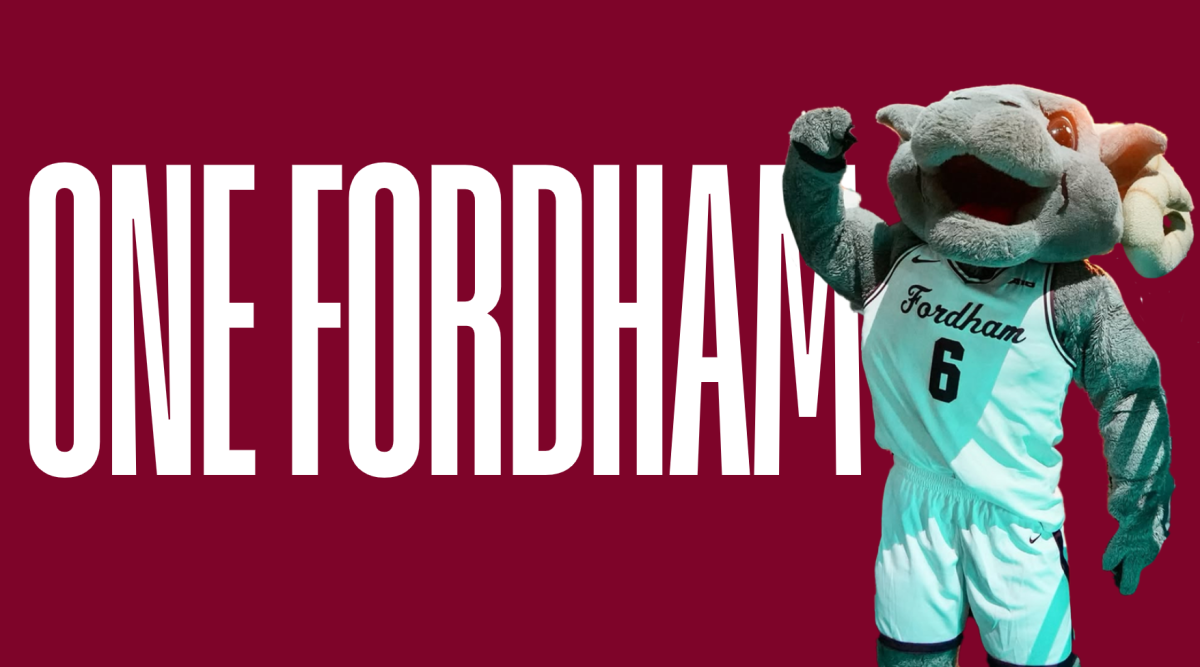On Jan. 13, 2024, spirits rose as the Miami Dolphins played against the Kansas City Chiefs in a National Football League (NFL) wild card playoff game. At Arrowhead Stadium, stakes were high as the Chiefs attempted to make their Super Bowl return. However, to the surprise of many football fans, accessing the anticipated playoff game wouldn’t be so easy.
Outside of Kansas City, Mo., and Miami, NFL fans could not watch the game live on cable television. Instead, they could only watch the live broadcast with a Peacock subscription. This marks the first time in history that an NFL playoff game could only be viewed on a streaming service. The exclusive streaming of the Miami Dolphins vs. Kansas City Chiefs playoff game on Peacock represents a significant shift in how sports, especially football, are consumed.
The decision to limit live broadcast access to a streaming service like Peacock suggests a growing trend towards digital platforms as the main means of watching sports events. This inevitably will leave fans frustrated, specifically those who are accustomed to traditional television, as it reflects the changing landscape of media consumption. This shift to streaming could potentially reshape the future of sports broadcasting, making online platforms more integral to the fan experience.
This is not the first time the NFL has made a game exclusively for streaming. In 2015, the Carolina Panthers faced off in a playoff game against the Arizona Cardinals that was aired exclusively on ESPN, and not a free cable network. However, this game became one of the lowest-rated playoff games, and since then, the NFL has aired all of its playoff games on cable television. That is, until now.
For football fans around the country, a Peacock subscription starts at $5.99 a month. NBCUniversal, the company that owns Peacock, paid the NFL $110 million for the chance to stream a wild card playoff exclusively on Peacock. This was only a one-year deal. The decision to exclusively stream the playoff game on Peacock raises concerns about the financial viability of such a move. Looking back at the 2015 playoff game exclusively aired on ESPN, which received low ratings, there is a precedent for the potential challenges in attracting a broad audience through non-traditional means of broadcasting.
The $110 million investment from NBC to the NFL is substantial, and I question whether the revenue generated from Peacock subscriptions, which start at $5.99 a month, would be enough to offset the hefty payment made to the NFL. The concern is whether or not a sufficient number of fans would be willing to pay for a Peacock subscription specifically to watch this game, considering the existing landscape of cable television options and existing subscriptions to other streaming platforms. If the streaming platform hadn’t attracted enough subscribers for this kind of exclusive content, it could have led to financial losses for Peacock, which is a major risk.
However, according to NBC, 5.7 million people watched the Dolphins vs. Chiefs game on Peacock, which is a very high turnout. What does this mean for the future of cable television, specifically in the realm of sports? While the reported turnout of viewers for the game suggests a substantial online audience, it also raises concerns about the potential negative impacts on accessibility, especially for certain demographic groups. The shift towards exclusive streaming platforms requiring additional payments may pose challenges for older populations who are less tech-savvy and accustomed to traditional cable television. Additionally, individuals facing financial instability may find it difficult to justify the expense of subscribing to multiple streaming services to access specific games.
This move also has broader implications for the future of cable television, particularly in the realm of sports broadcasting. Cable television has long been a staple for sports enthusiasts, providing a more inclusive and accessible way to watch games without the need for multiple subscriptions. The exclusive streaming deals, such as the one with Peacock, may contribute to a fragmentation of sports content, making it more challenging and costly for fans to follow their favorite teams and leagues.
Laila Sayegh, FCRH ’27, is a political science major from Congers, N.Y.


































